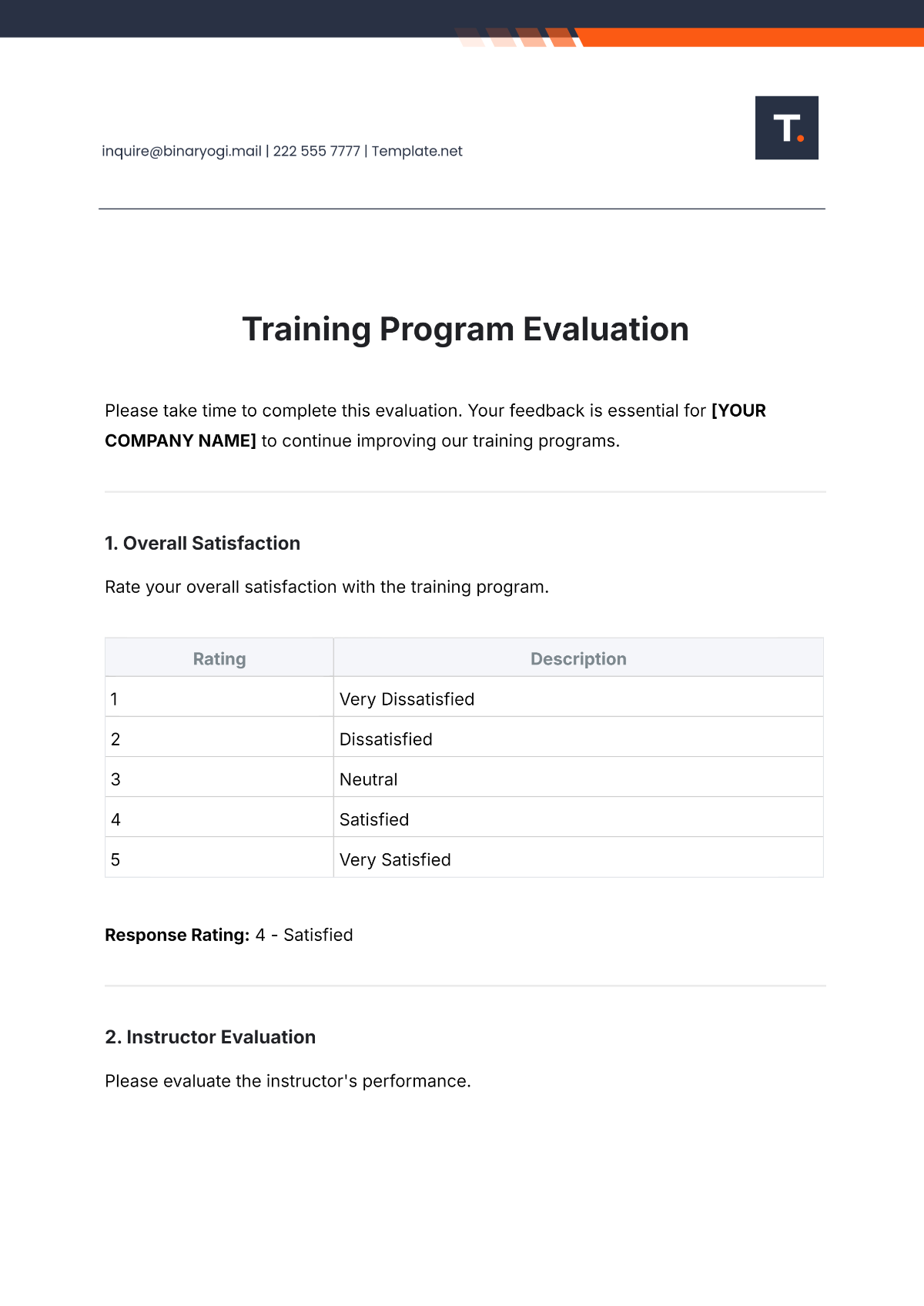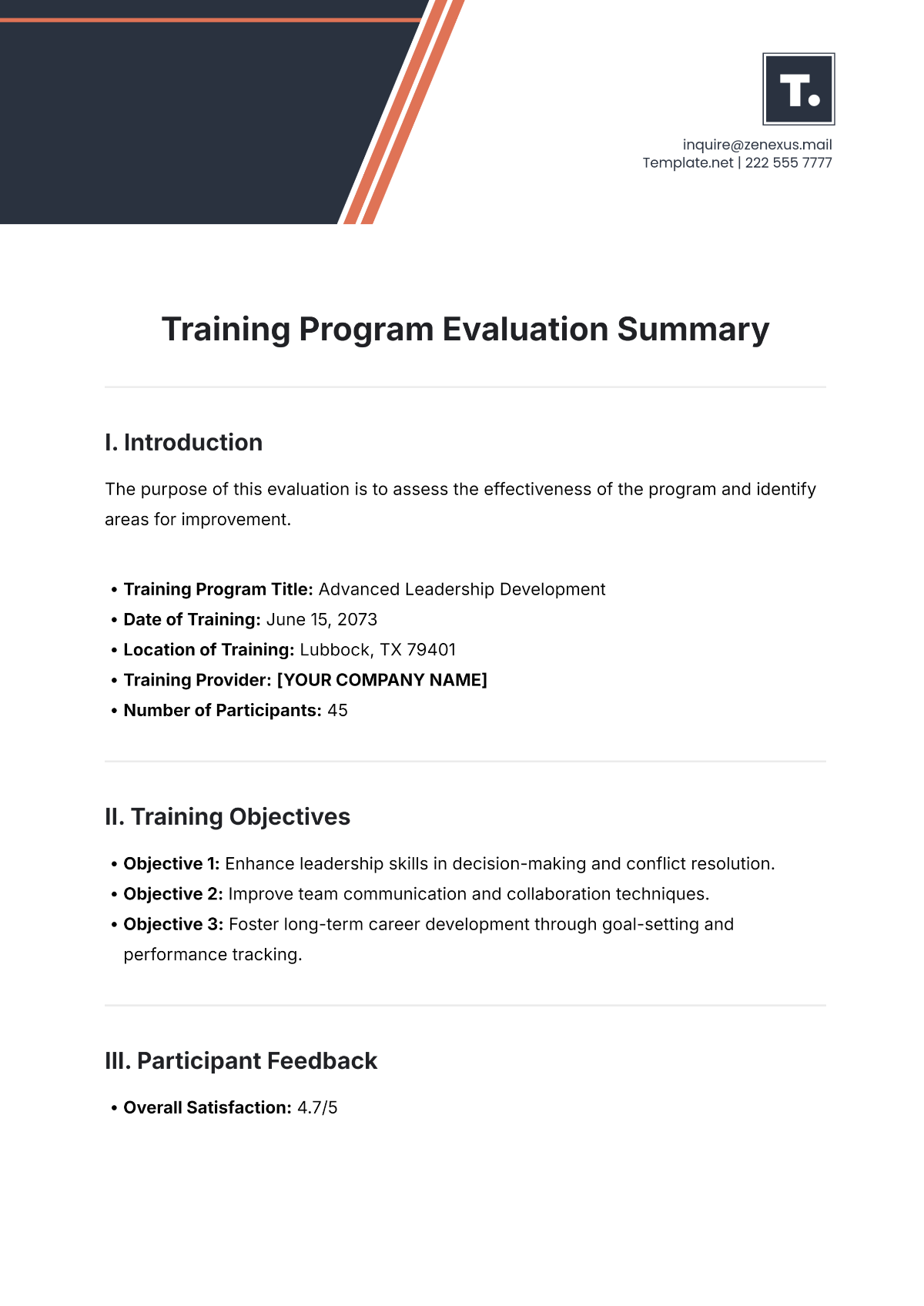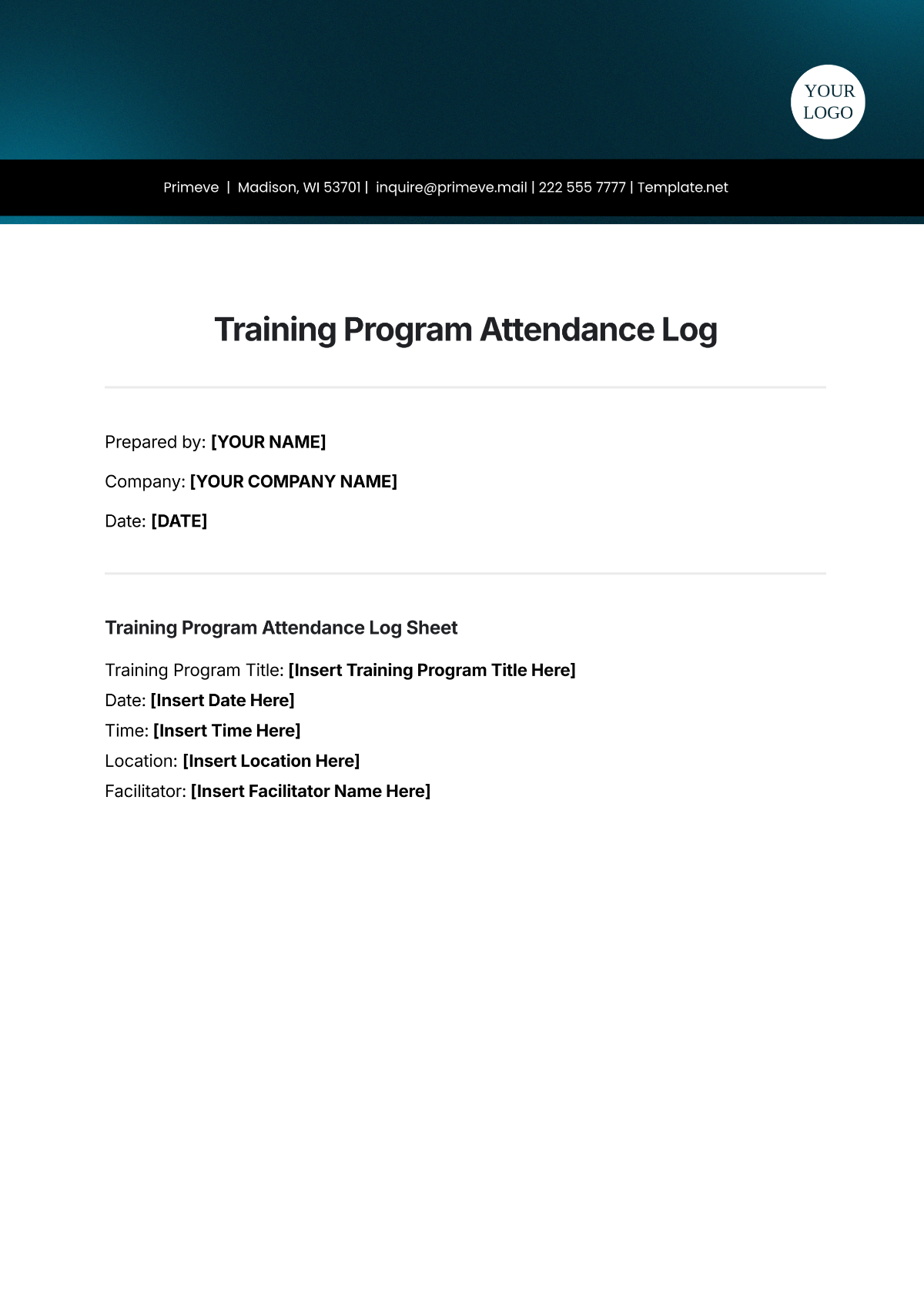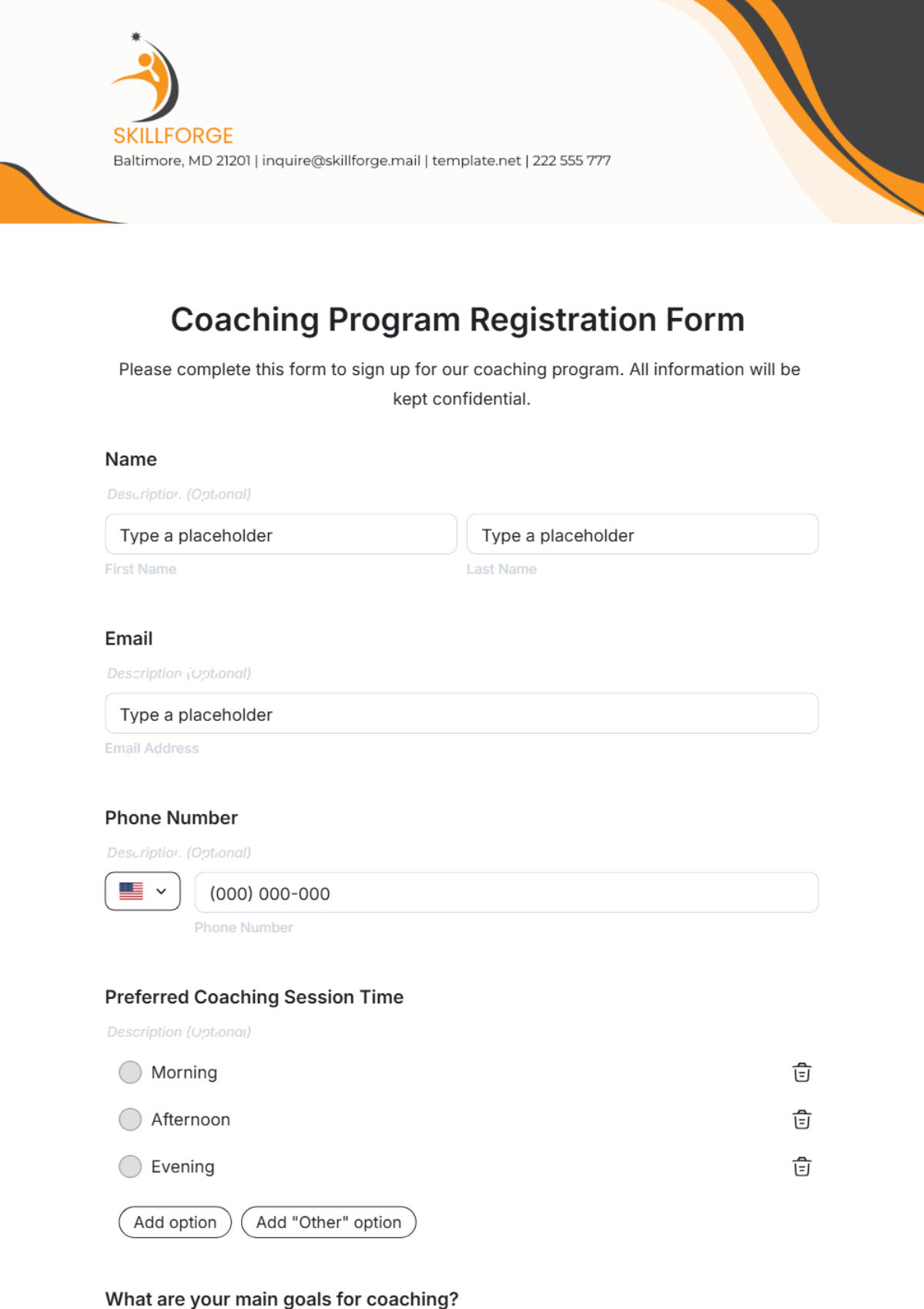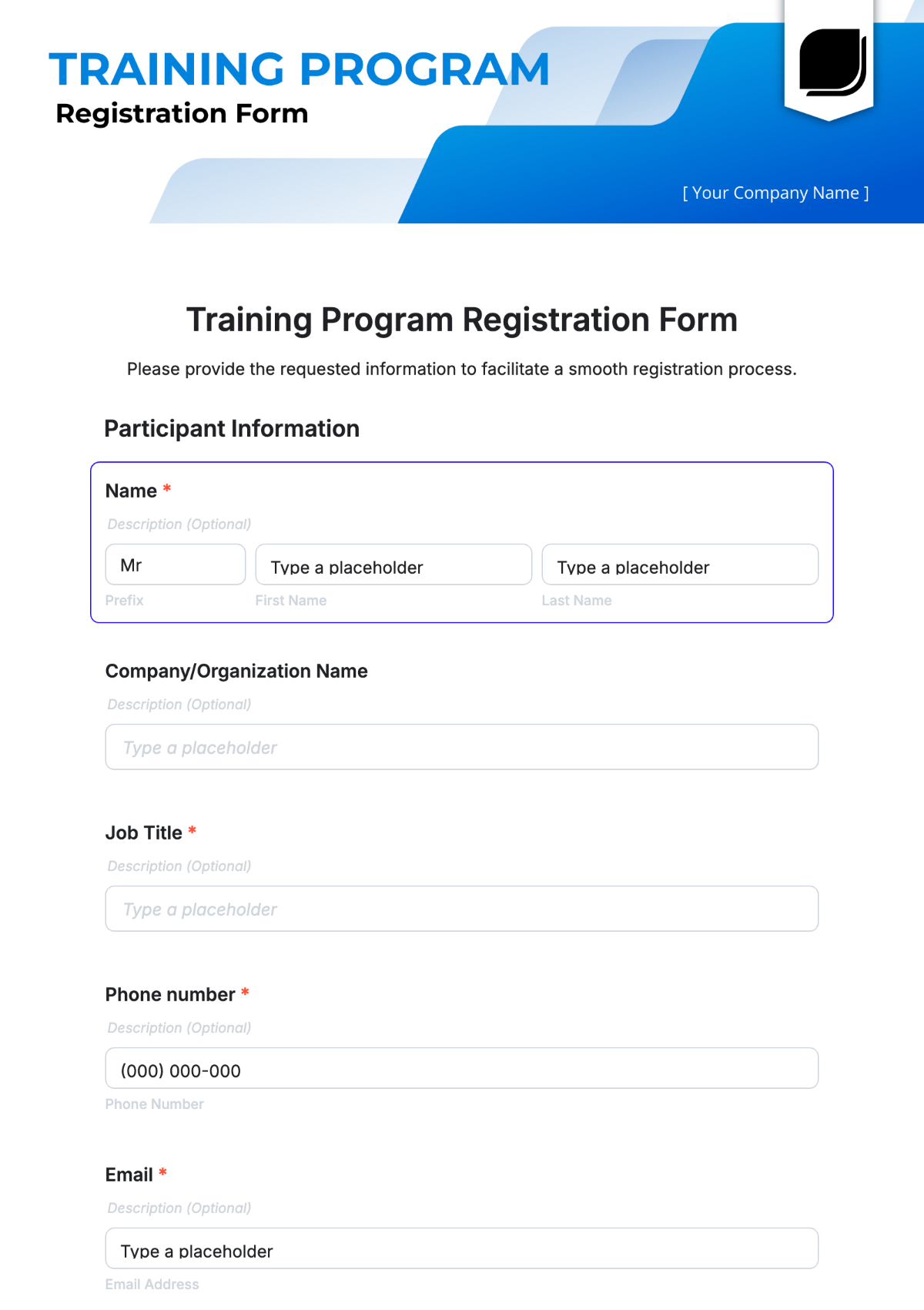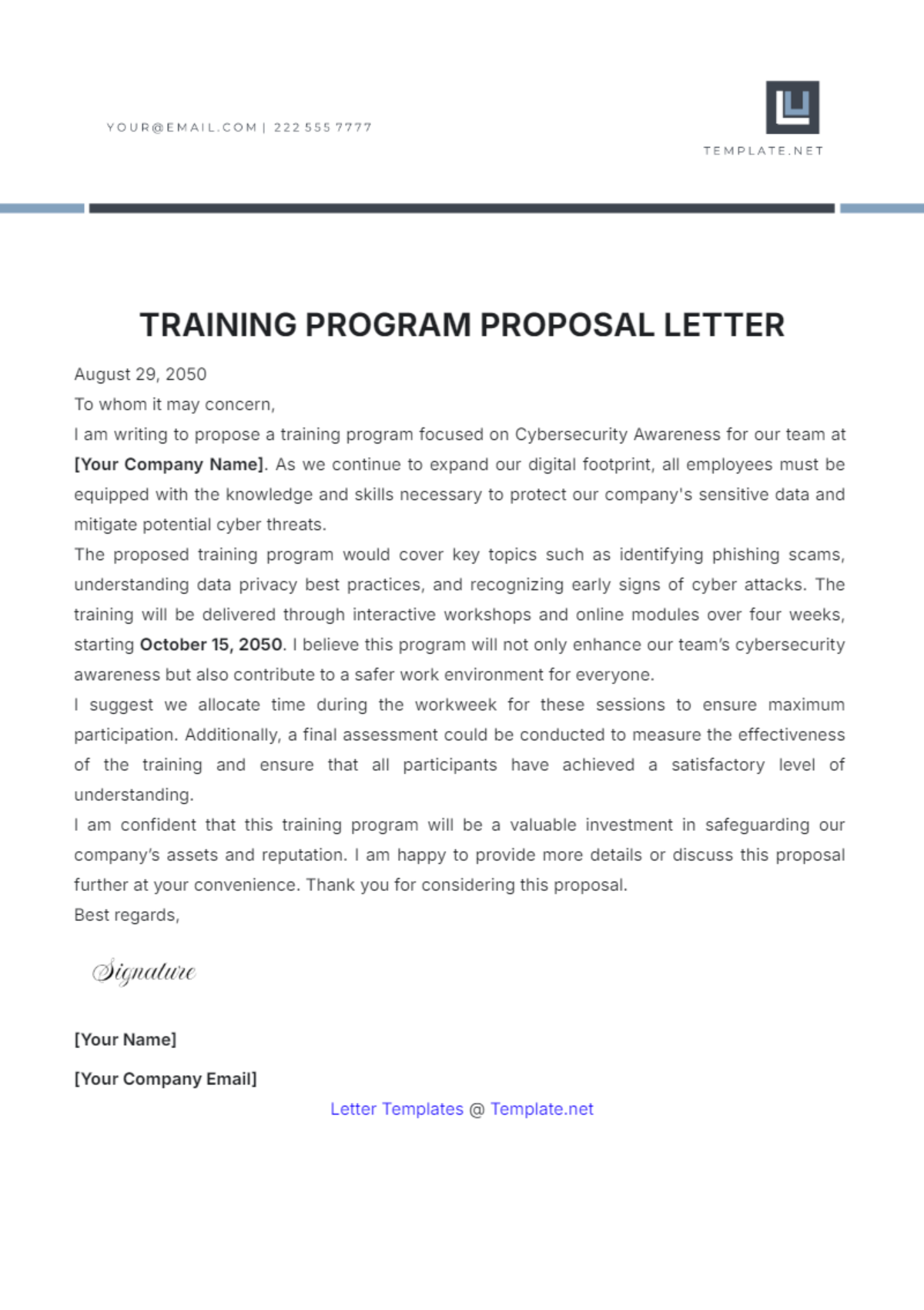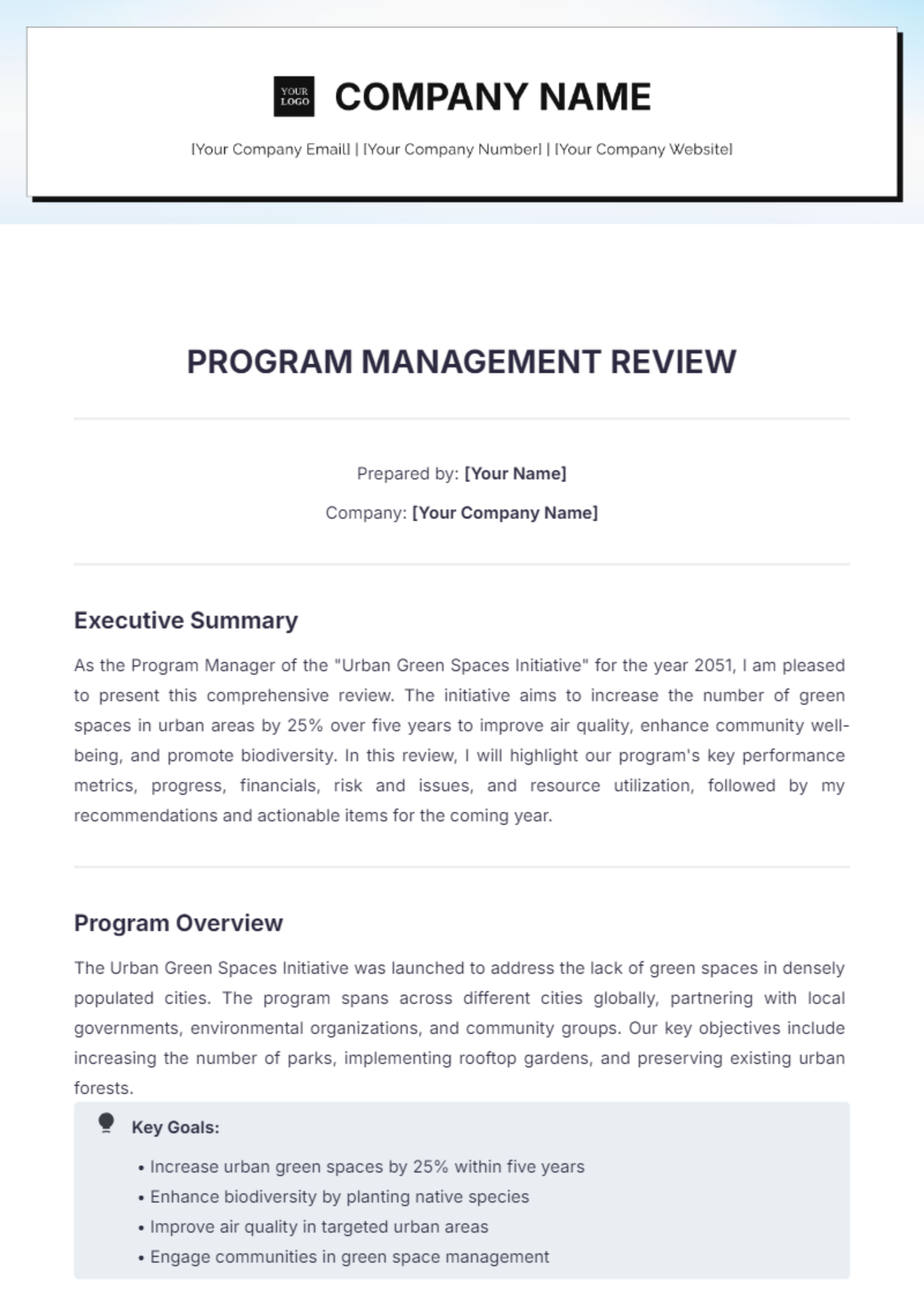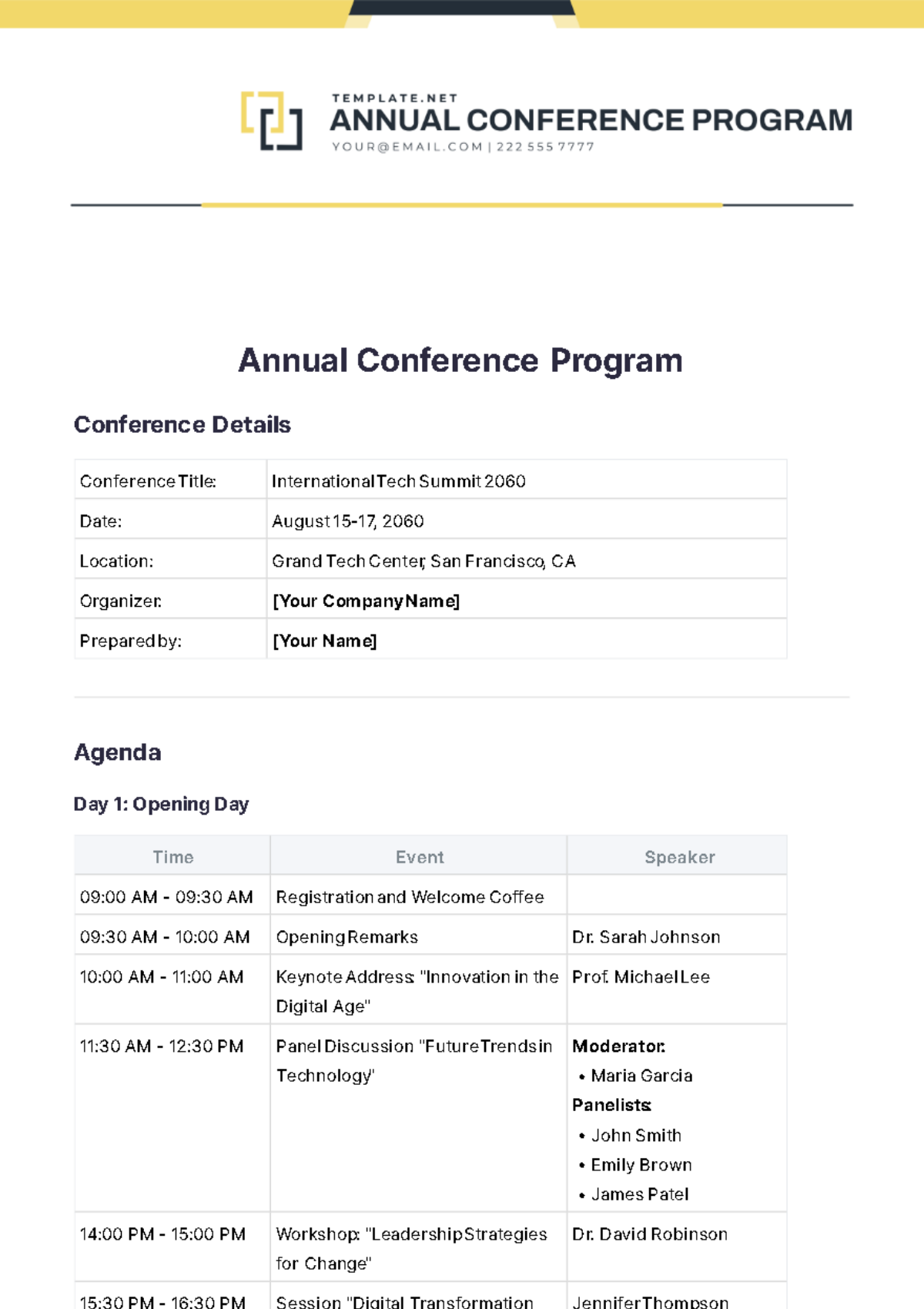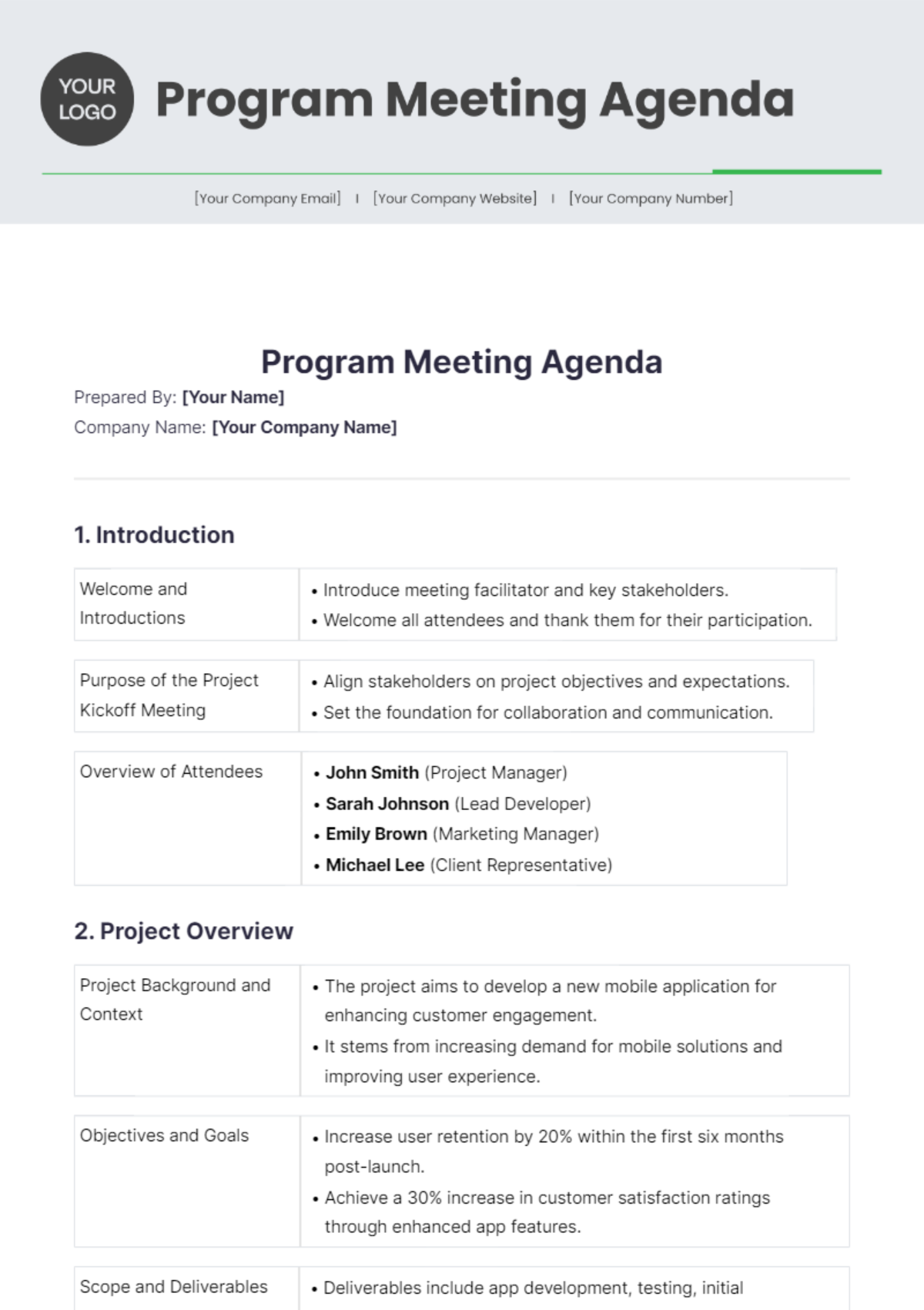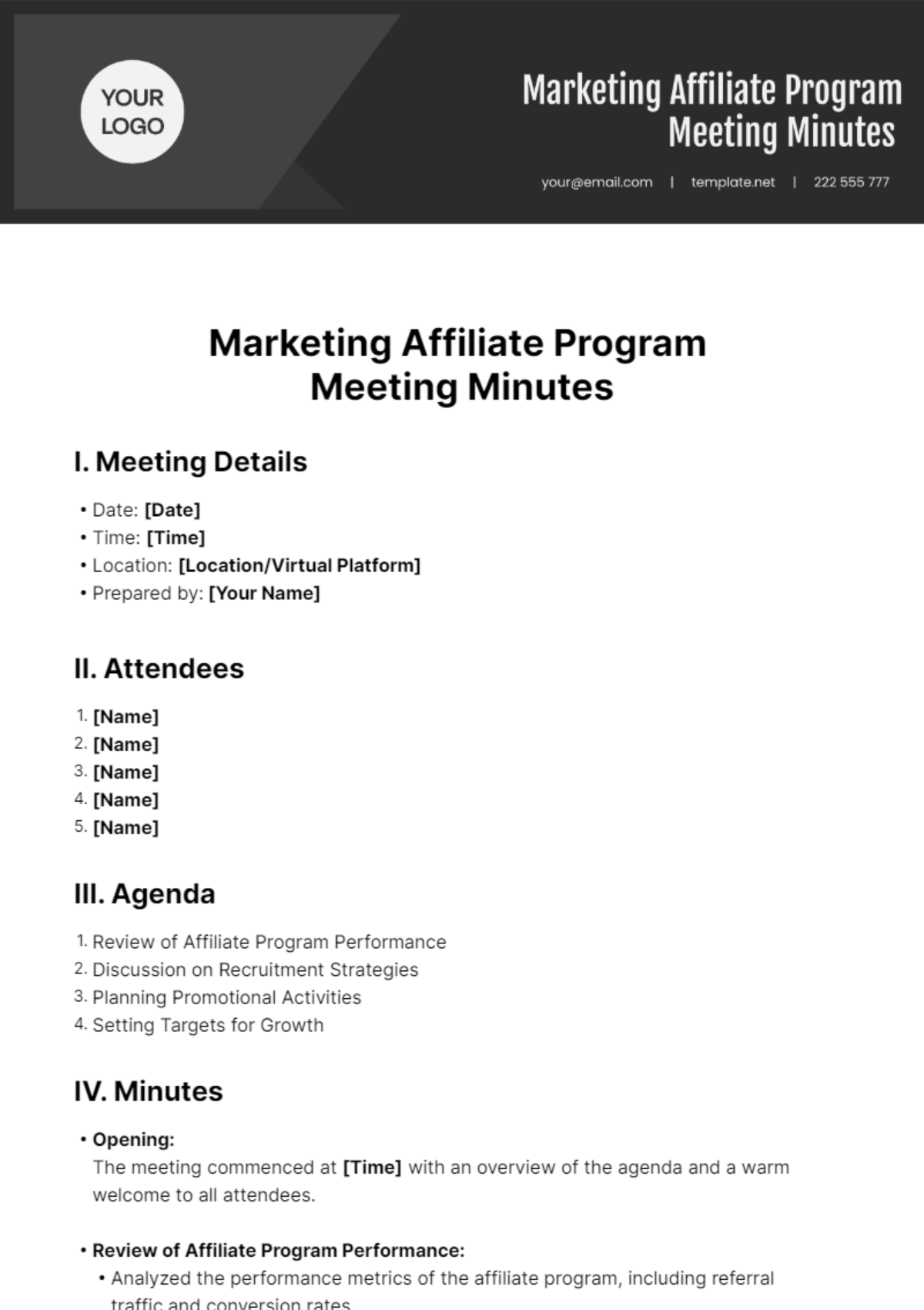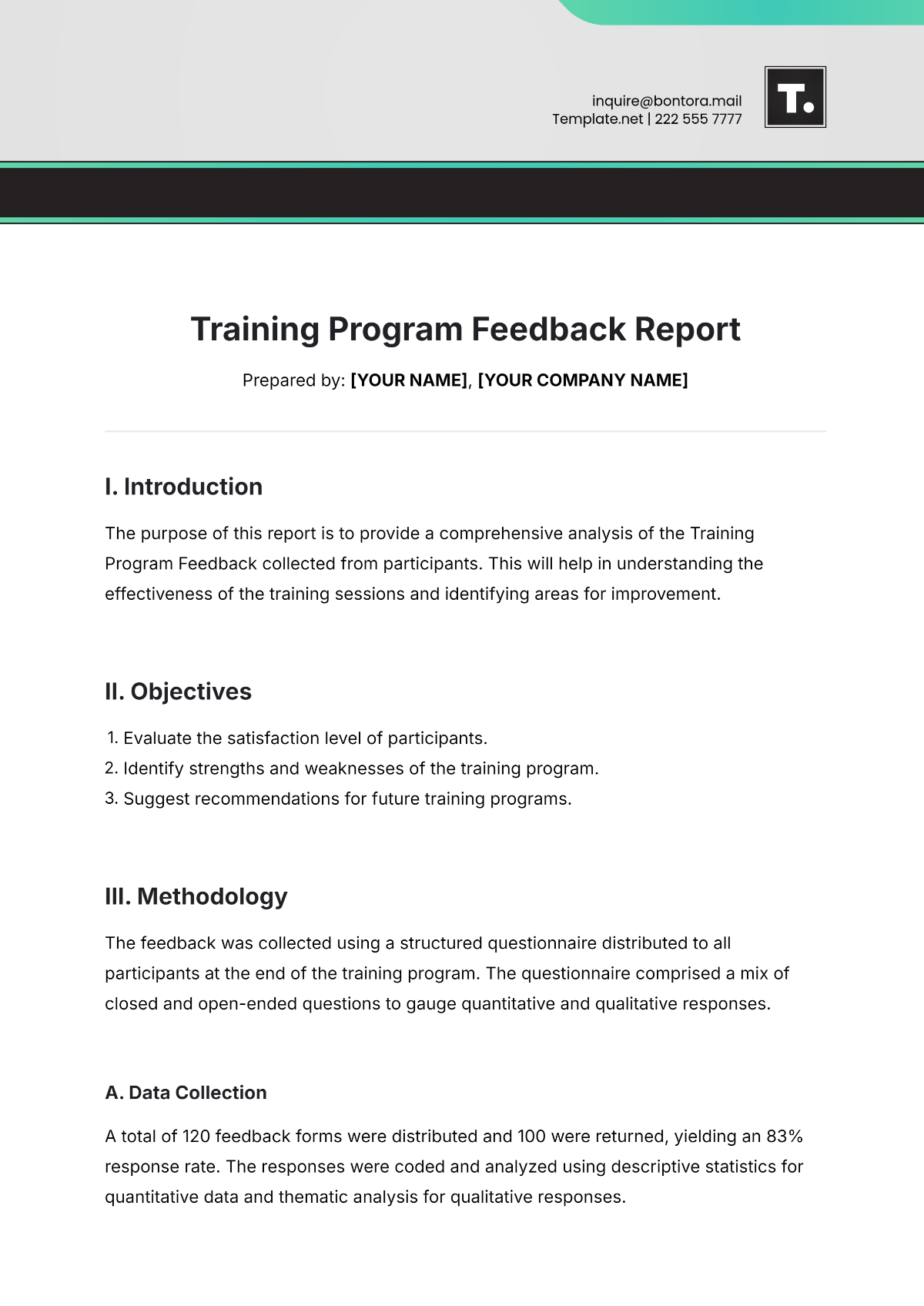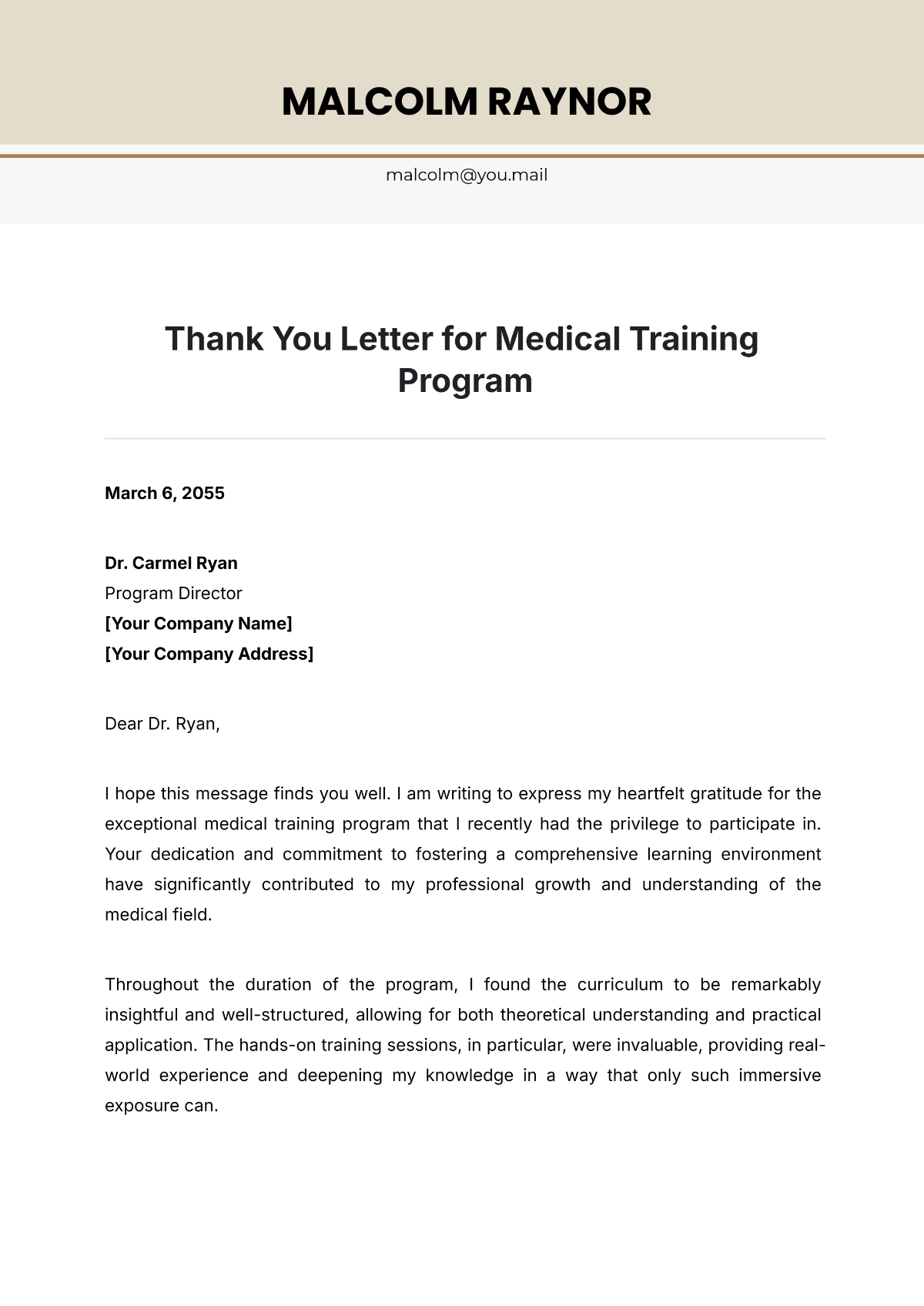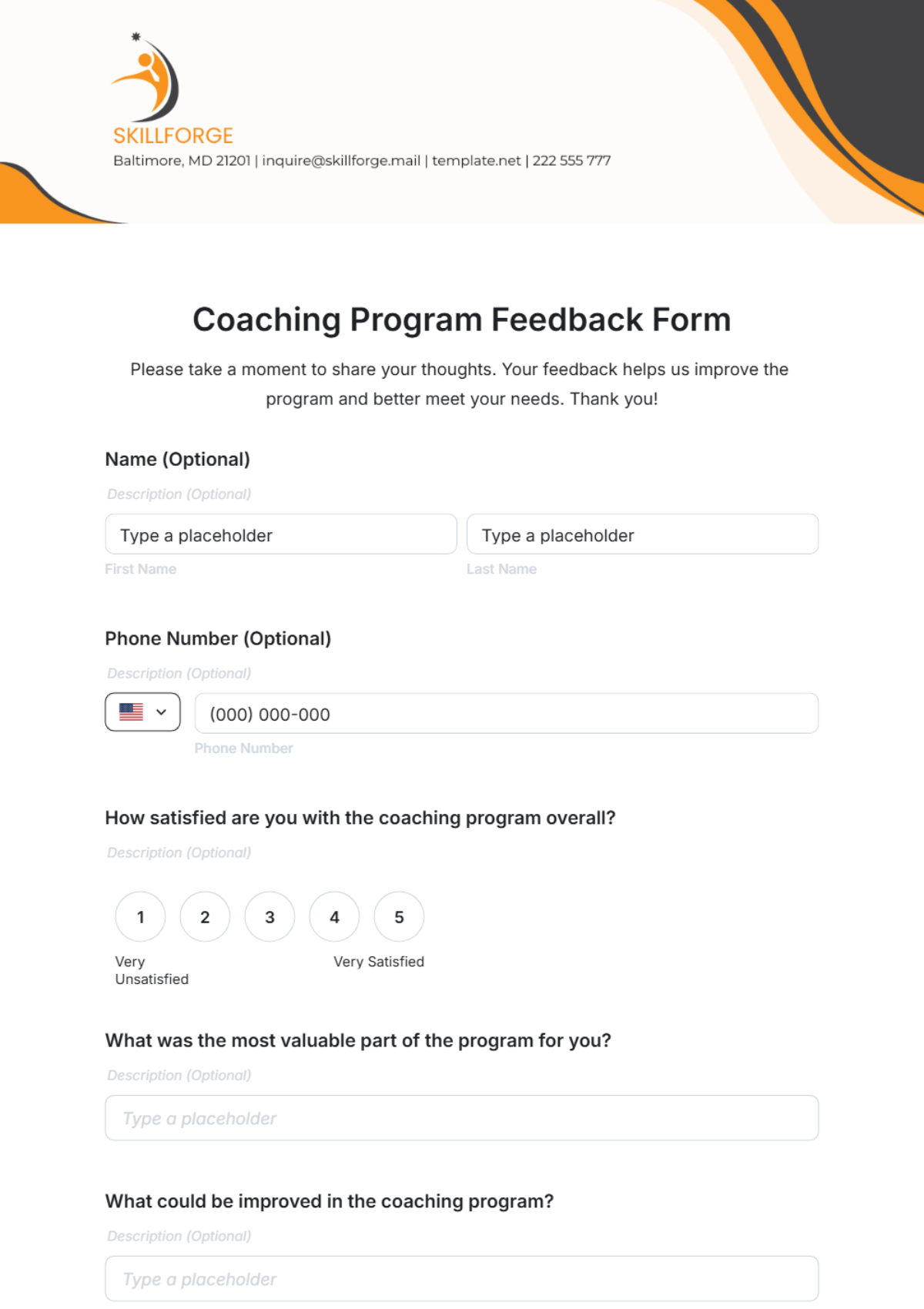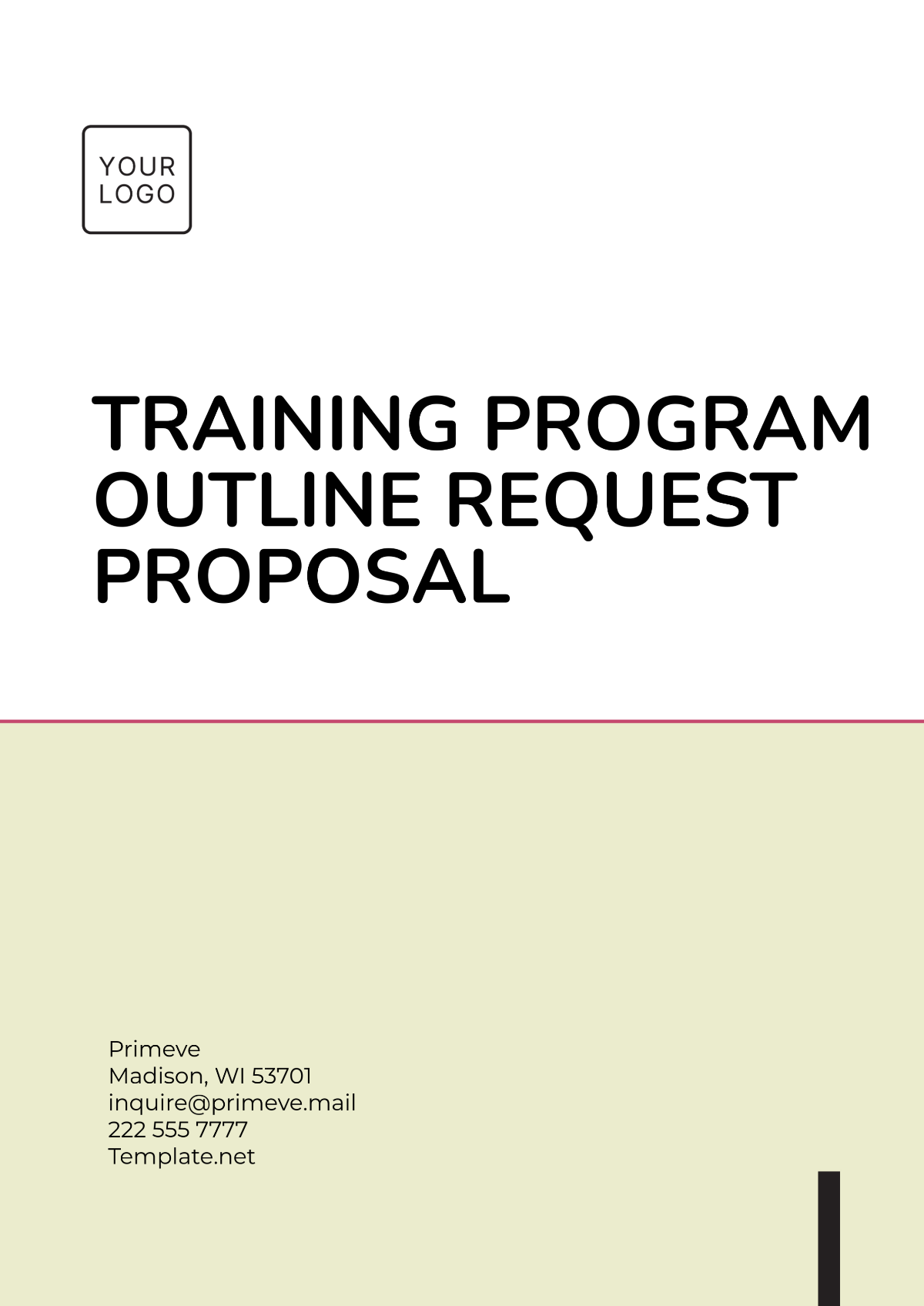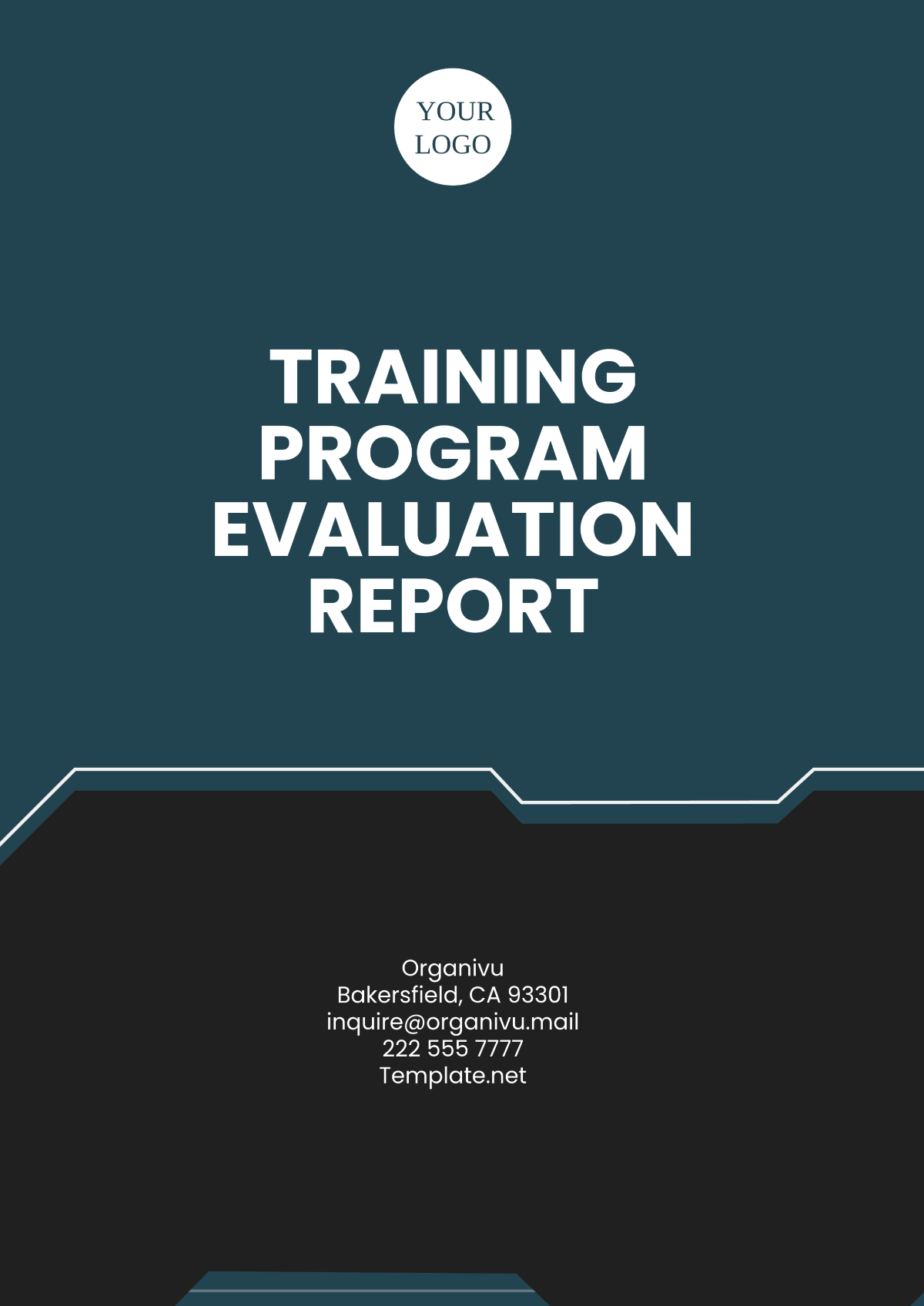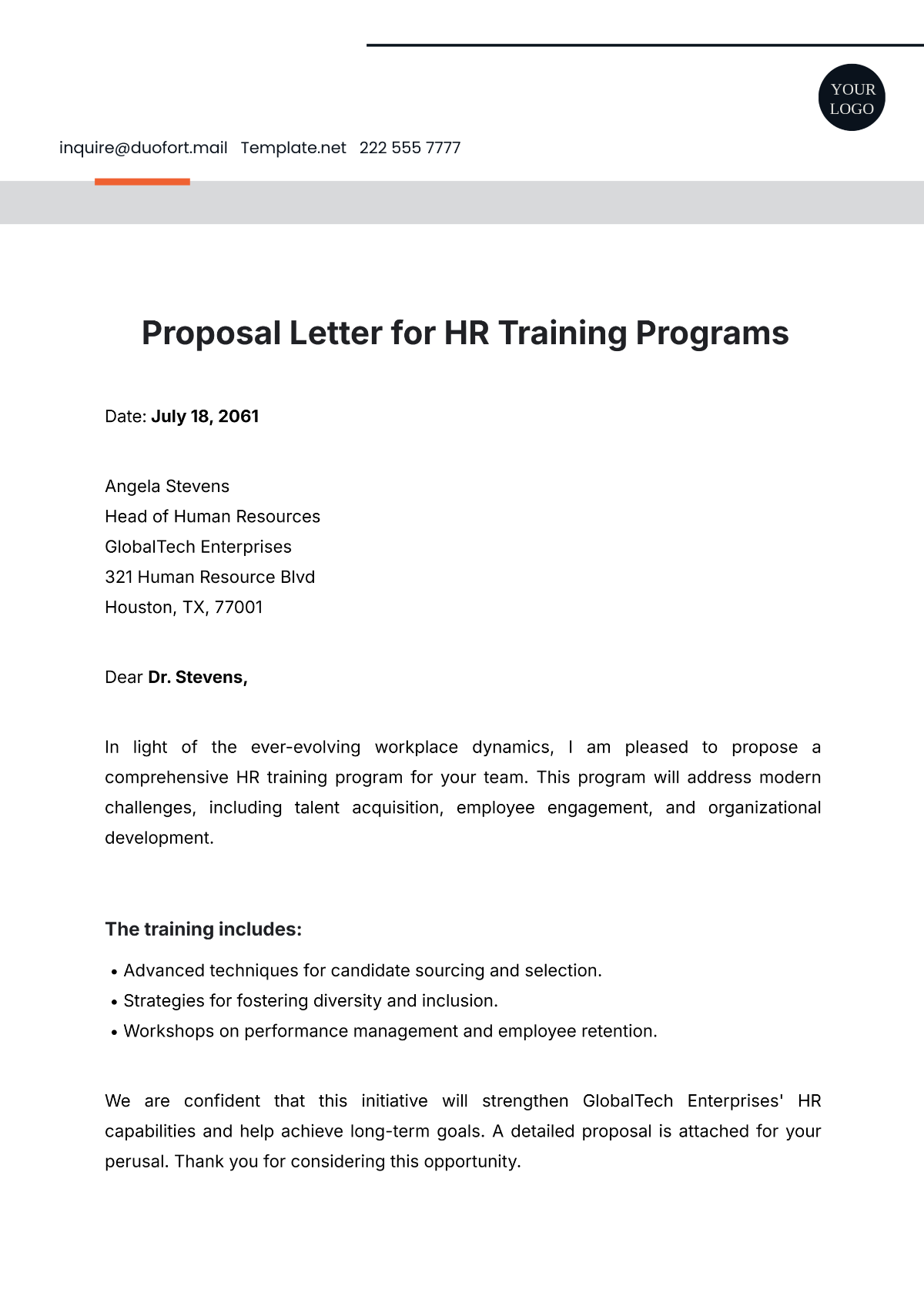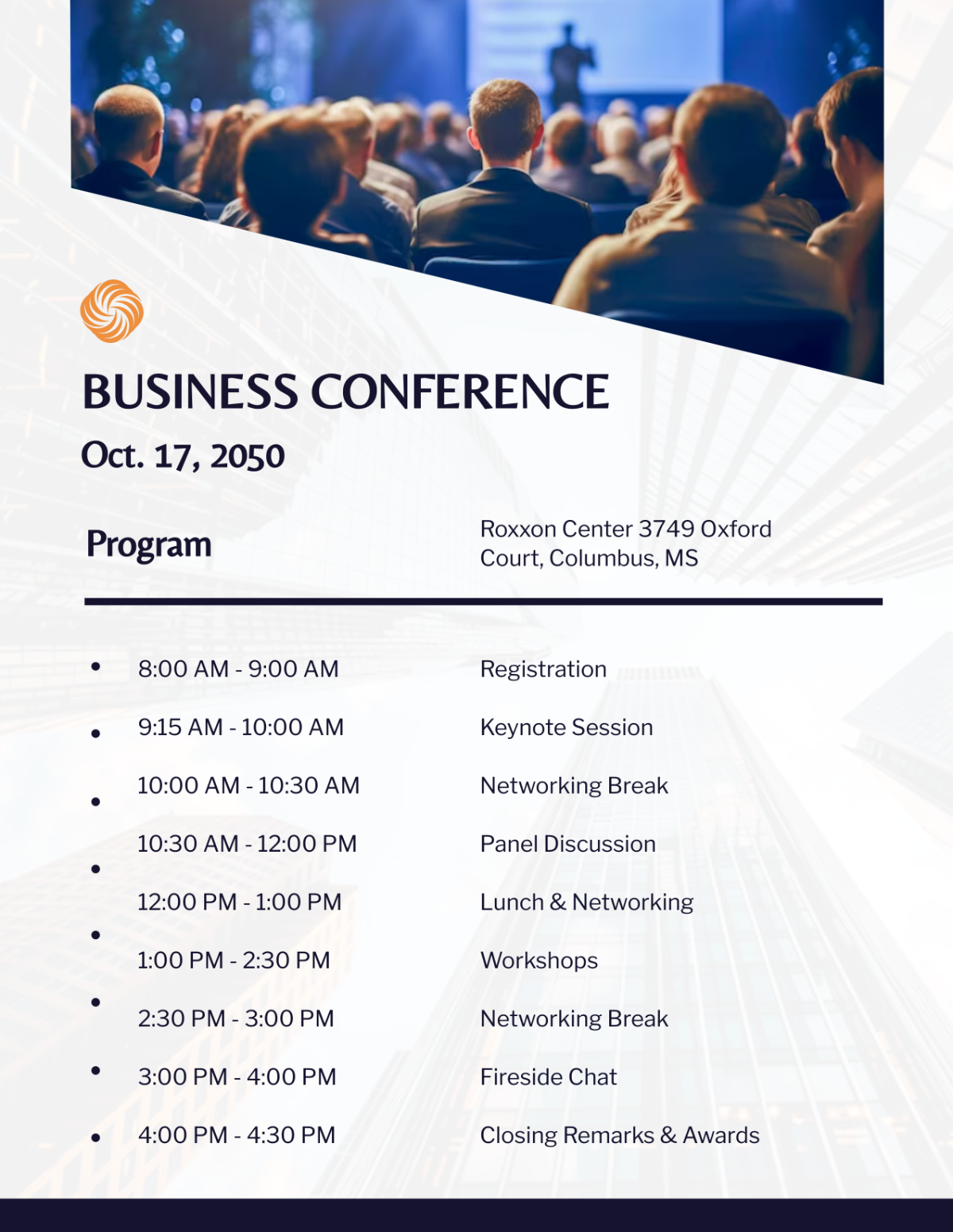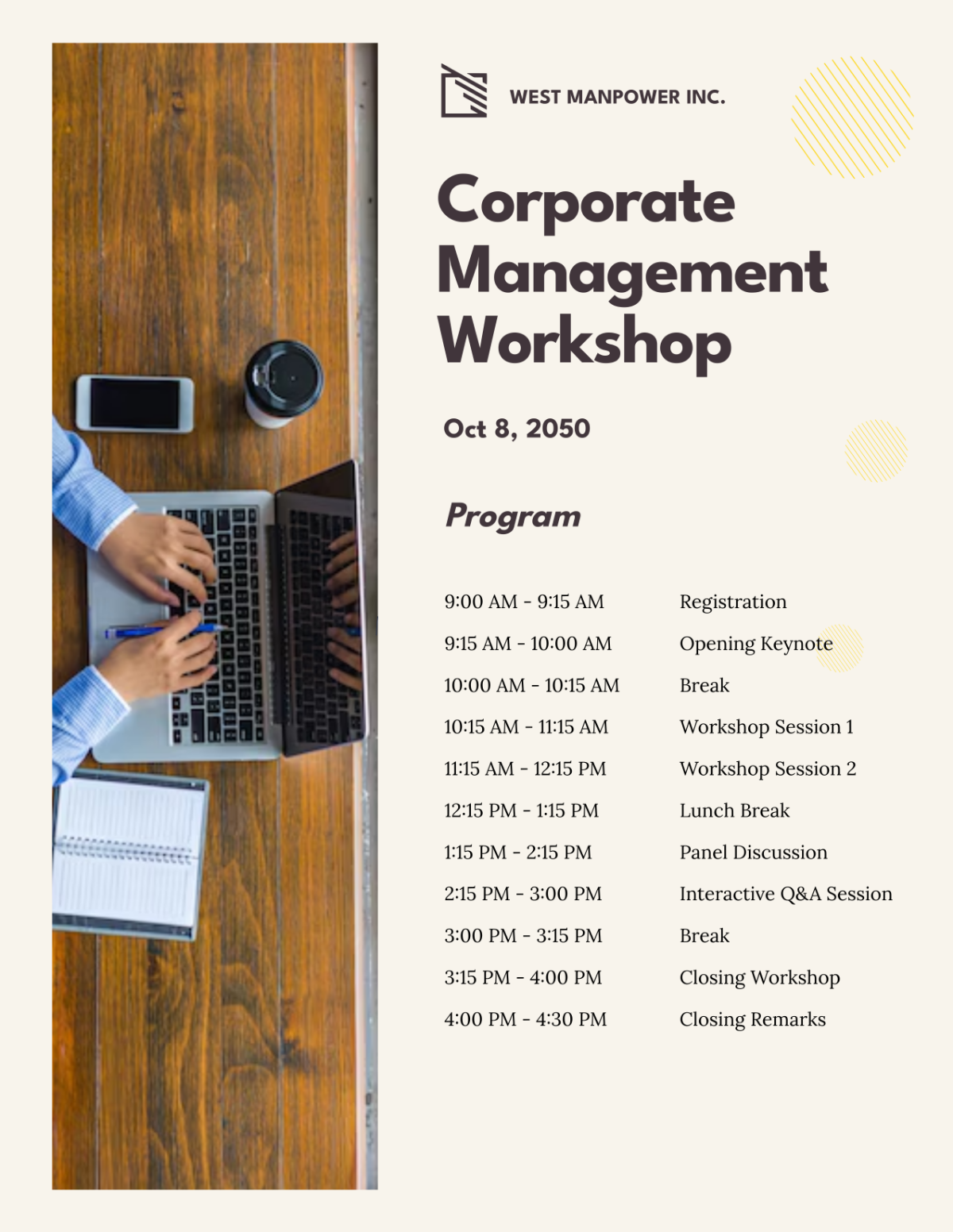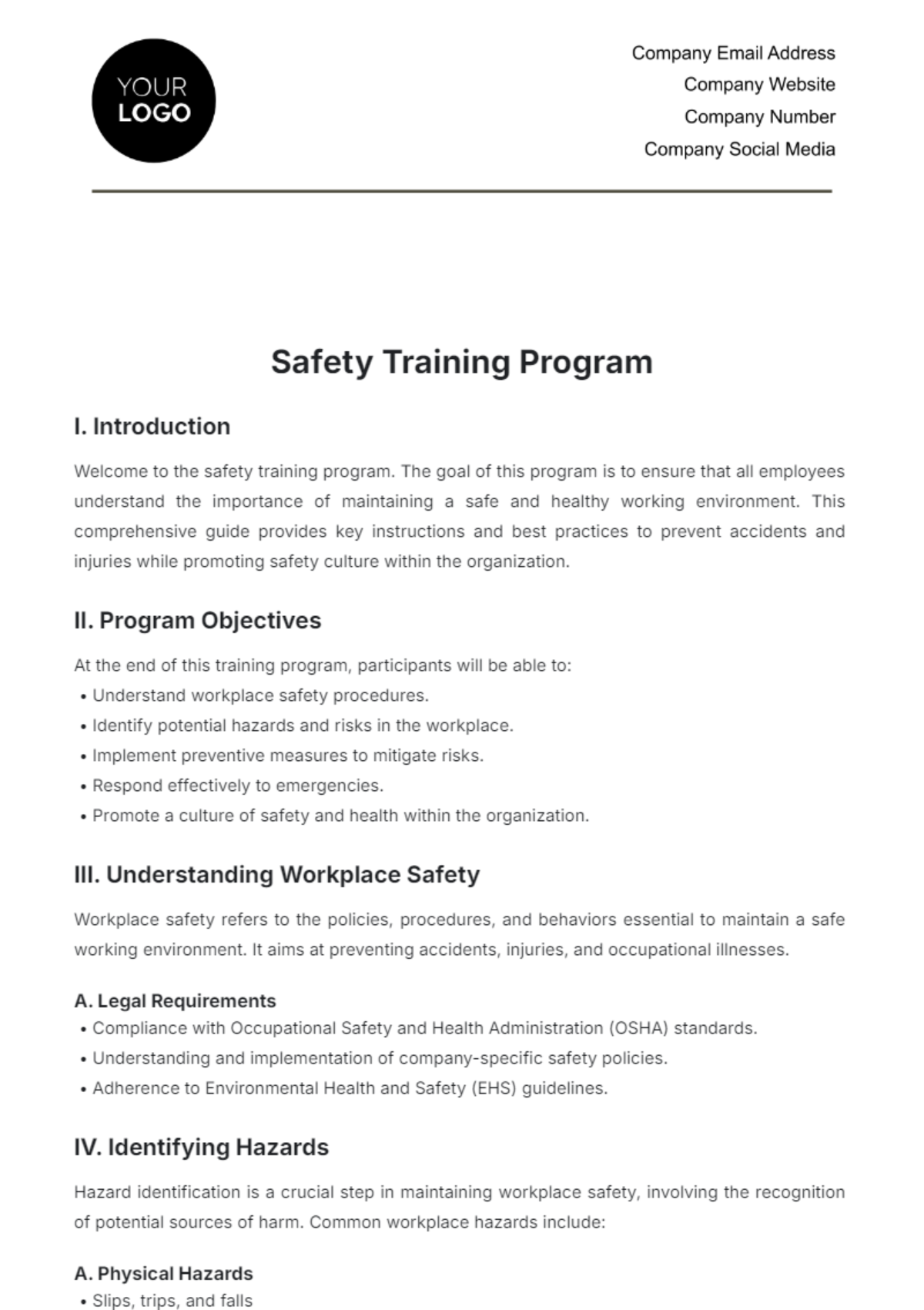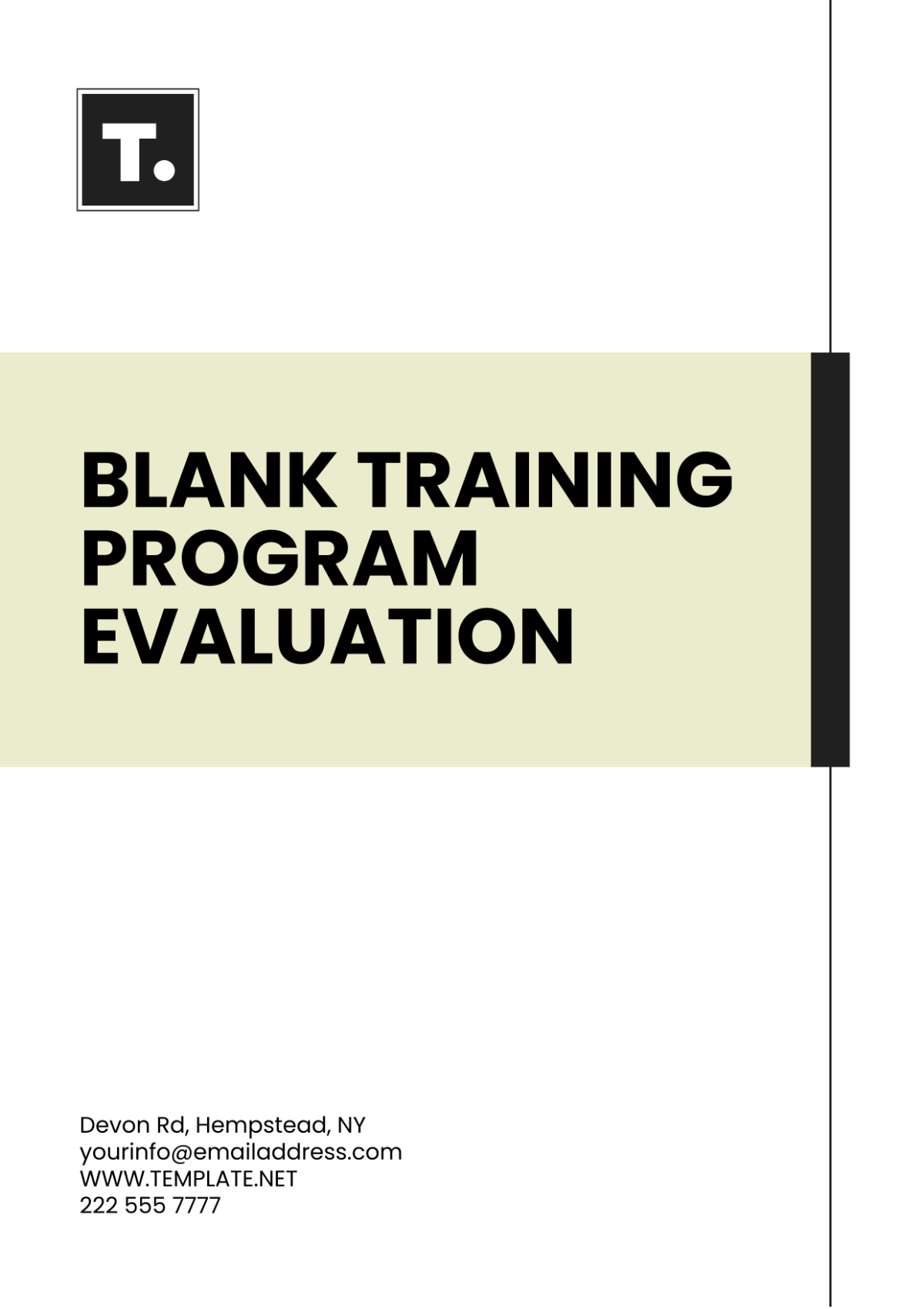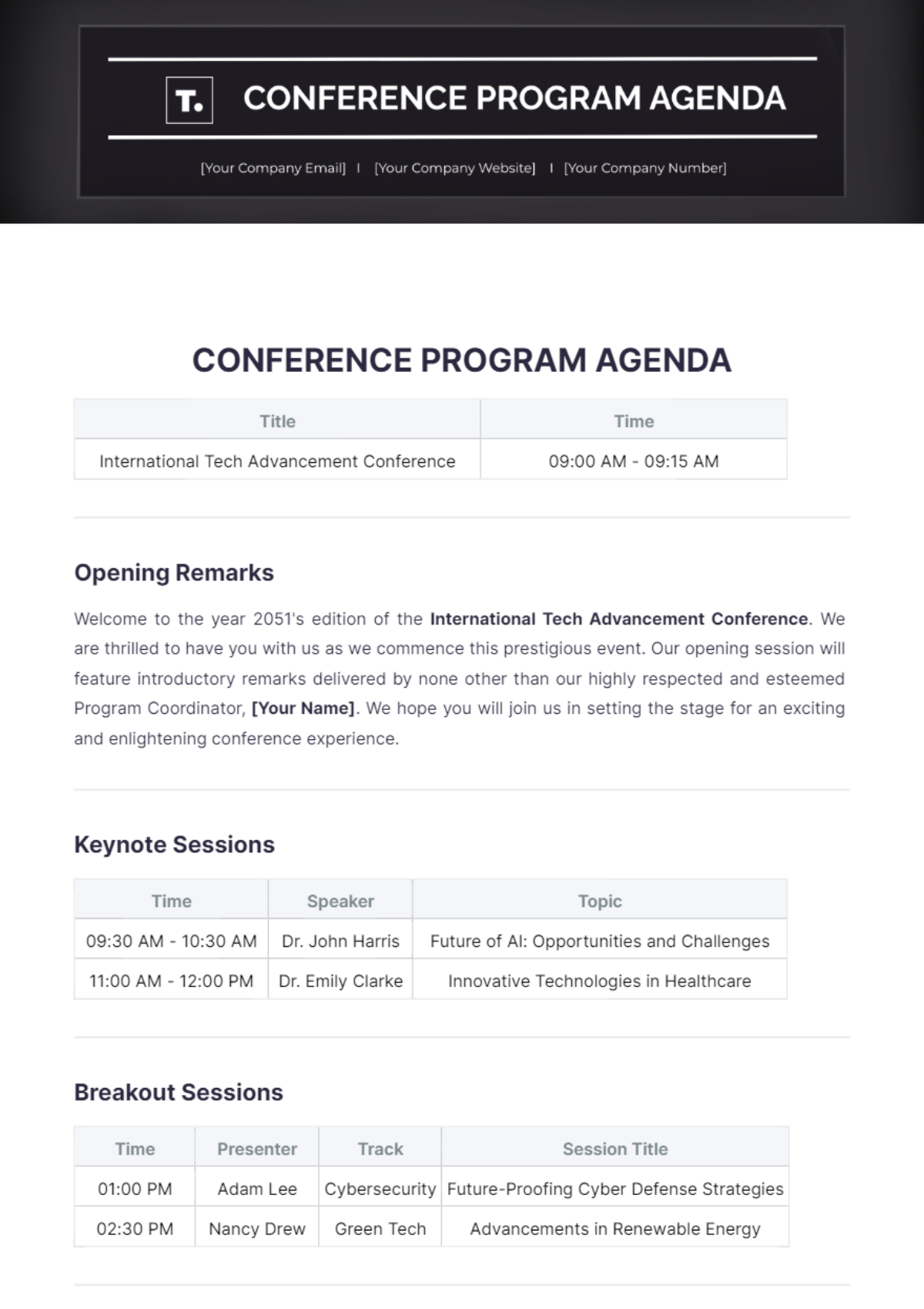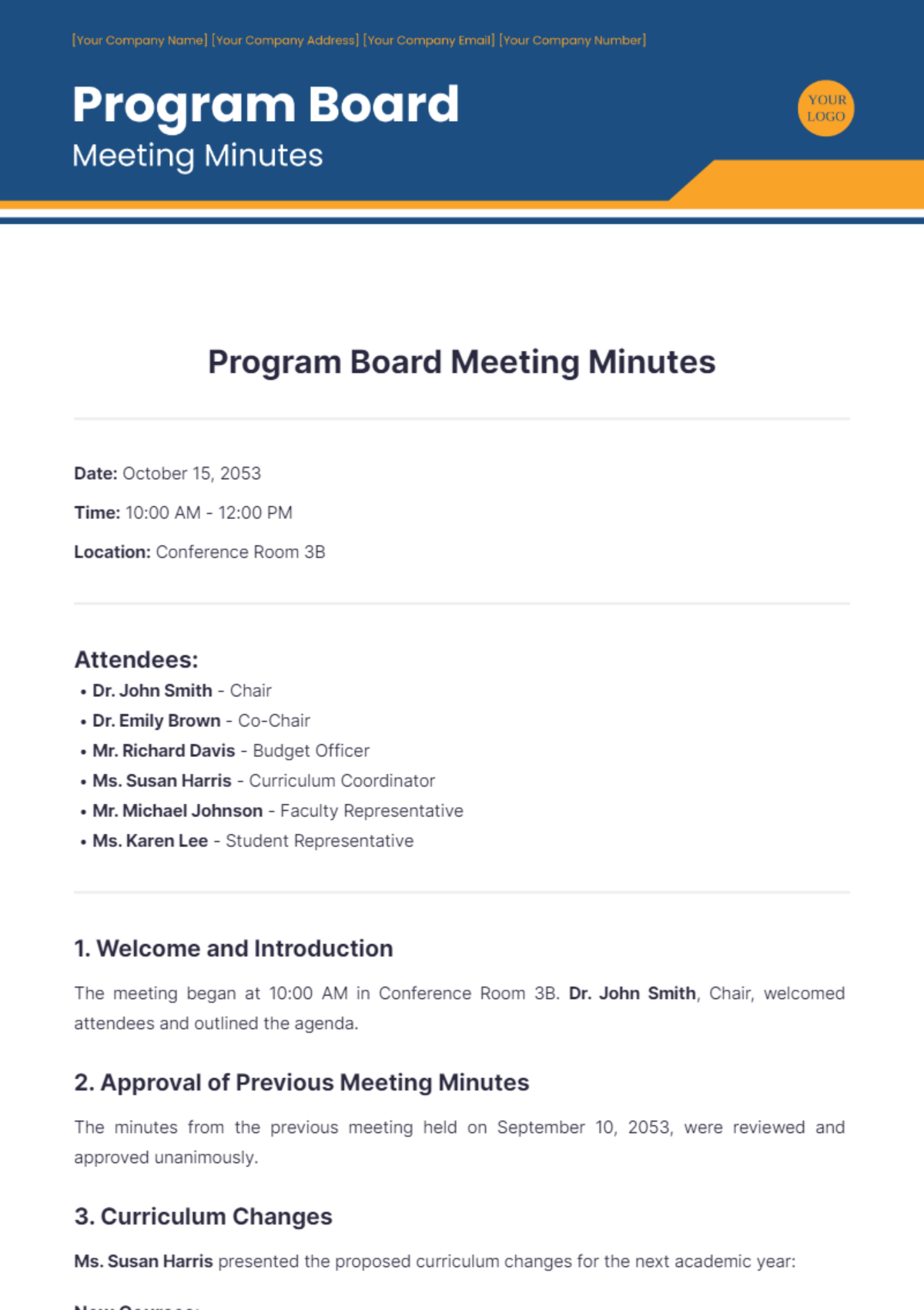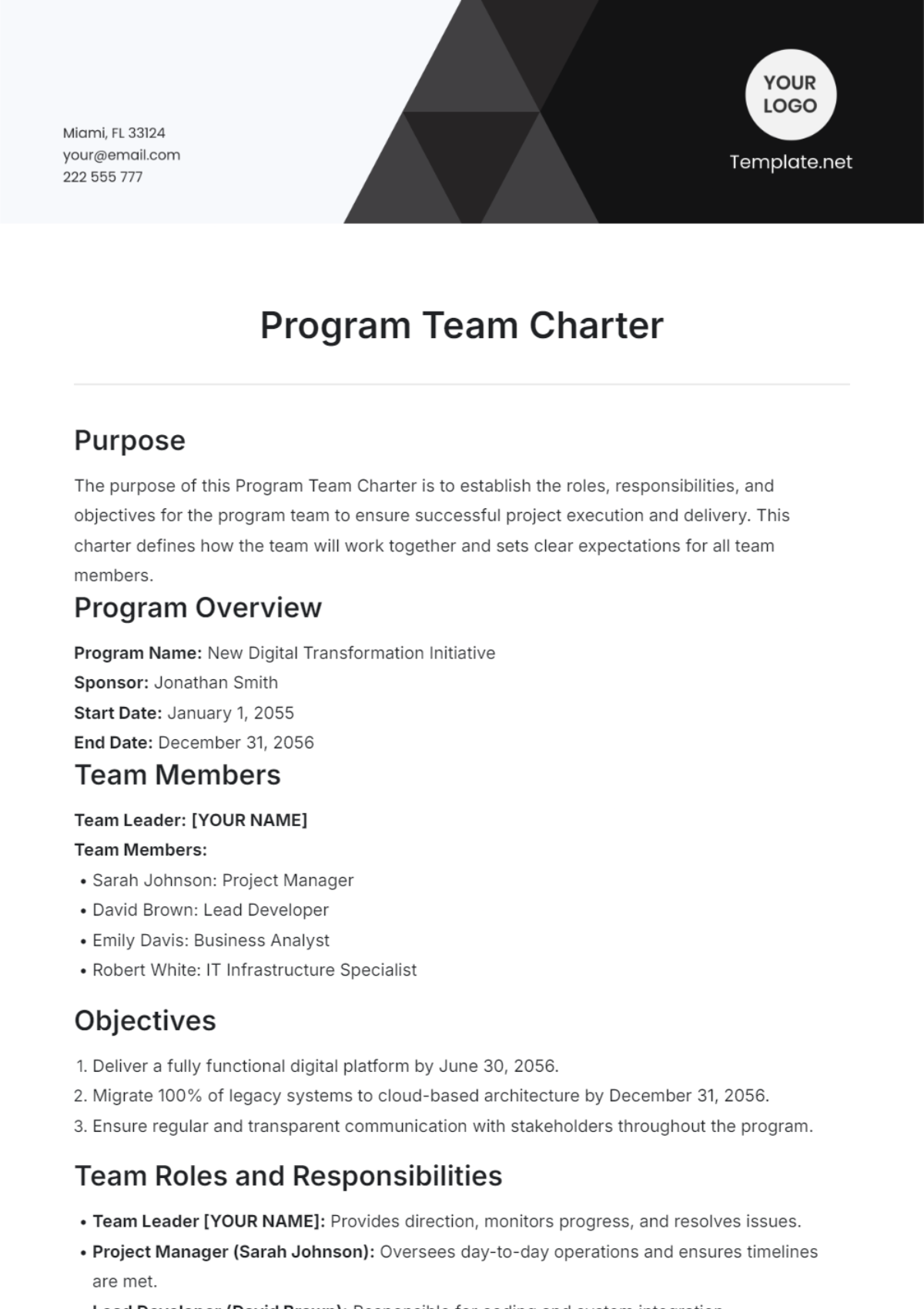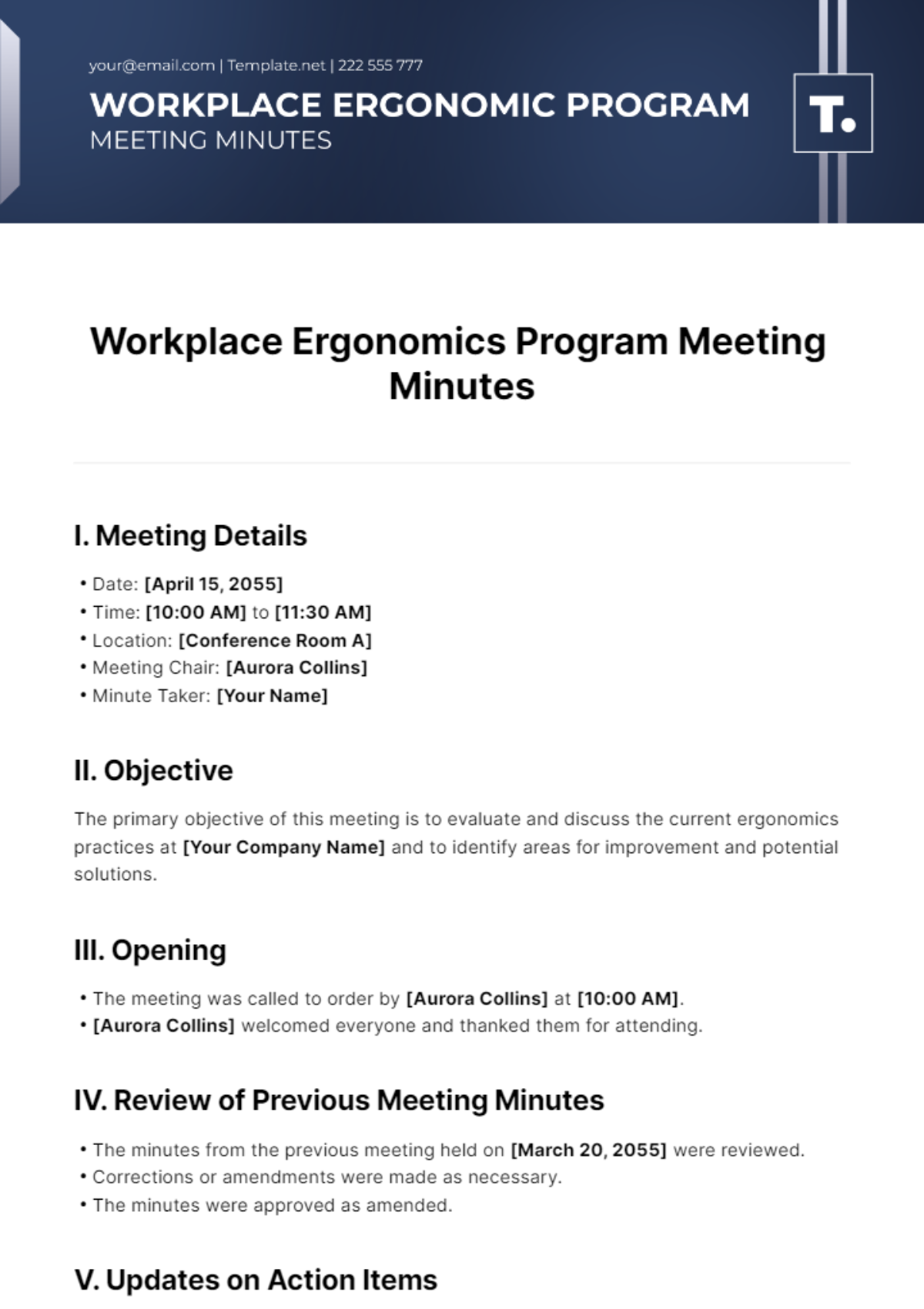Training Program Evaluation Report
Prepared by: [Your Name]
Company: [Your Company Name]
Date: [Insert Date]
I. Introduction
This report provides a comprehensive analysis of the recently implemented training program. The evaluation aims to assess the effectiveness, efficiency, and overall impact of the training on participants. It serves to inform stakeholders of the successes and areas that require improvement, guiding future training endeavors.
II. Objectives
The primary objectives of this evaluation are to:
Determine the achievement of the training goals.
Assess participant satisfaction and engagement levels.
Evaluate the acquisition of relevant skills and knowledge.
Identify areas for improvement in the training content and delivery.
Measure the impact on performance post-training.
III. Methodology
A. Data Collection
The evaluation involved qualitative and quantitative data collection methods to ensure a comprehensive assessment. The following techniques were employed:
Surveys: Distributed to all participants to gather feedback on the training experience.
Interviews: Conducted with selected participants for in-depth insights.
Observations: Trainers monitored participant engagement and interaction during sessions.
Tests: Administered before and after training to measure knowledge gains.
B. Data Analysis
Data was analyzed using statistical software to identify trends and patterns. Qualitative feedback was coded and categorized to draw meaningful insights. The results are presented in tables and charts for clarity.
IV. Findings
A. Achievement of Training Goals
Overall, the training program successfully met its objectives. Key findings include:
90% of participants reported achieving the learning goals set out at the beginning of the program.
Knowledge tests showed an average improvement of 30% in participant scores.
B. Participant Satisfaction and Engagement
Satisfaction levels were high among participants, as reflected in the survey results:
Aspect | Satisfaction Level |
|---|---|
Content Relevance | 85% |
Trainer Effectiveness | 88% |
Engagement Activities | 82% |
C. Skill and Knowledge Acquisition
Participants demonstrated significant improvements in key skills and knowledge areas:
Technical skills improved by an average of 28%.
Communication skills saw an enhancement of 25%.
Problem-solving abilities increased by 20%.
D. Areas for Improvement
While the program was largely successful, certain areas require attention:
Some participants expressed a need for more hands-on activities.
Adjusting the pace of the training to accommodate varying learning speeds was highlighted.
The need for more follow-up sessions to reinforce learning was suggested.
E. Impact on Performance
Post-training performance evaluations indicate positive outcomes:
Performance metrics improved by 35% in the first month following training.
Participant confidence in their role increased significantly, as noted in interviews.
V. Conclusion
In conclusion, the training program was effective in enhancing participants' skills and knowledge, achieving high levels of satisfaction, and contributing to improved performance in their respective roles. However, future programs should incorporate feedback to address the identified areas for improvement such as pacing and hands-on activities. Continuous evaluation will ensure the program remains relevant and beneficial to all participants.
VI. Recommendations
Based on the findings, the following recommendations are proposed:
Integrate more practical exercises and real-world scenarios into the training.
Establish a mentoring system for follow-up support and continuous learning.
Customize training modules to better meet the diverse needs and learning speeds of participants.
Regularly update the training content to reflect the latest industry developments and practices.
